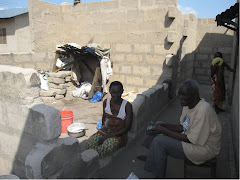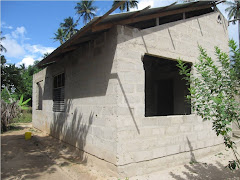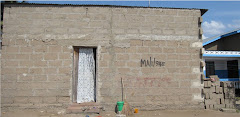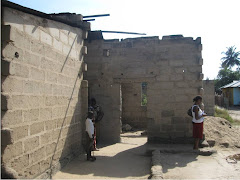At the beginning of the week we were fortunate to have a visit from Sasi Thumuruli from Habitat for Humanity International. Sasi works with the International Housing Finance department and came for a brief visit after having worked with our colleagues at Habitat for Humanity Uganda, who operate a similar housing microfinance program. One of the key discussions we had during his visit was our loan process and the cost to our clients as they go through the process.
Before implementing the MAKAZI BORA housing microfinance program, we used Microfin software to plan and make projections. Microfin includes a component for determining the cost to the client when obtaining a loan. While planning and developing our processes, we were very conscious of how many trips to the office the client would have to make to obtain a MAKAZI BORA loan and then make payments. As things have evolved in practice, however, it seems as though clients are coming to the office much more frequently than originally intended. This is both as a result of process changes that did not effectively take the cost to the client into account, as well as the way in which credit officers have done their assessments and interacted with their clients in practice.
Each time the client comes to the office, it costs very little to Habitat for Humanity and may often reduce our institutional costs. However, it does represent a cost to the client. This cost is both in terms of the cost of transport to arrive at the office as well as the opportunity cost of being away from their income earning activities. The vast majority of our clients earn their livelihoods through the informal sector, so time spent at the office doing something related to their MAKAZI BORA home improvement loan is often time that they are not actively earning income. To provide good customer service, we wish to reduce the cost to client as much as possible.
We are currently working on streamlining some processes, which should streamline our work for both clients and credit officers and reduce costs to the client. We will review the process changes with credit officers and then likely implement some changes to the MAKAZI BORA loan process in January 2010.

.jpg)






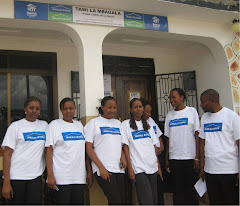
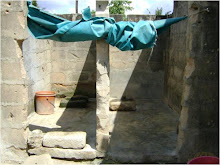

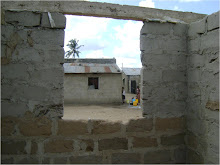
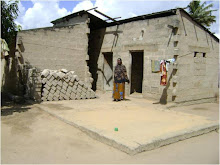
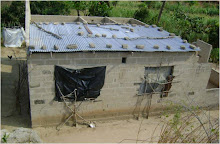
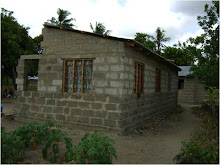

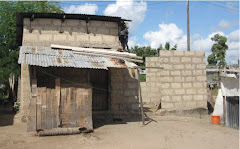






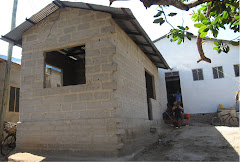.jpg)






